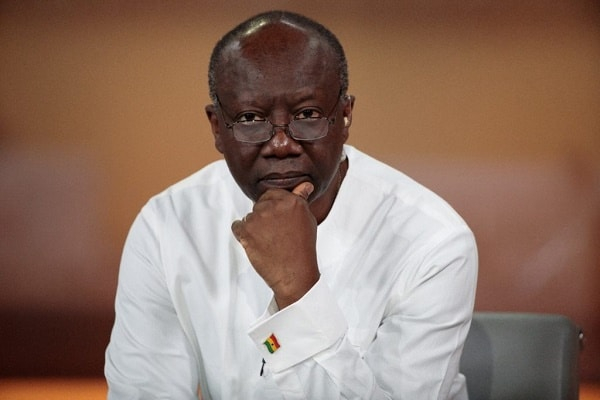Thailand plans crypto credit cards for tourists, launches G-Token
Thailand is preparing to trial a new payment model that would allow foreign tourists to link cryptocurrencies to credit cards for everyday purchases during their stay. According to the local media, The Nation, the scheme outlined by Deputy Prime Minister and Finance Minister Pichai Chunhavajira is part of a broader plan to incorporate digital assets into the national economy.
The Ministry of Finance is currently assessing international models that enable such integrations with the aim of simplifying transactions for visitors. Under this model, tourists could spend cryptocurrency via credit cards, while merchants receive Thai Baht as usual, often without being aware that digital assets were used.
The report said discussions with the Bank of Thailand are underway to launch a pilot phase before broader implementation. The initiative is expected to enhance convenience for tourists and encourage greater spending by making use of the growing global interest in crypto-based financial services.
In addition to the tourist-focused initiative, Thailand is moving towards reforming existing financial regulations to accommodate digital investment strategies better. Local media reported that Chunhavajira confirmed the government plans to amend the Securities and Exchange Act and the Emergency Decree on Digital Asset Businesses, which currently govern the stock and digital asset markets separately.
The proposed reforms aim to create a more unified legal framework that would allow investors to move capital more freely between traditional and digital markets. This is in response to the evolving behaviour of modern investors who increasingly seek flexibility across asset classes.
Chunhavajira also discussed revisiting the investment policies of large institutional funds. Presently, many of these funds, especially insurance-related, are restricted to investing mainly in government bonds. The government intends to ease such restrictions to enable more participation in the equities market, potentially unlocking hundreds of billions of Baht for broader investment.
The Southeast Asian country is also moving forward with the launch of its first government-issued digital token, known as the G-Token. Local media reported that the Public Debt Management Office is developing this token, and it will be initially available through specific digital wallets.
Unlike traditional cryptocurrencies such as Bitcoin, the G-Token is not designed for speculative trading. It will be accessible on a secondary market but will come with a series of restrictions. These include limits on transfers and trading being confined to authorised exchanges. Direct payments using the token will not be allowed.
Reports said the Securities and Exchange Commission has clarified that the G-Token is not a debt instrument and does not fall under conventional public debt regulations. The coin is intended to serve as a technological innovation aligned with national development goals, not as an investment vehicle for profit-seeking individuals.
To ensure stability, exchanges listing the G-Token will be required to apply strict surveillance measures. They will also be allowed to designate market specialists to help promote the coin responsibly.










